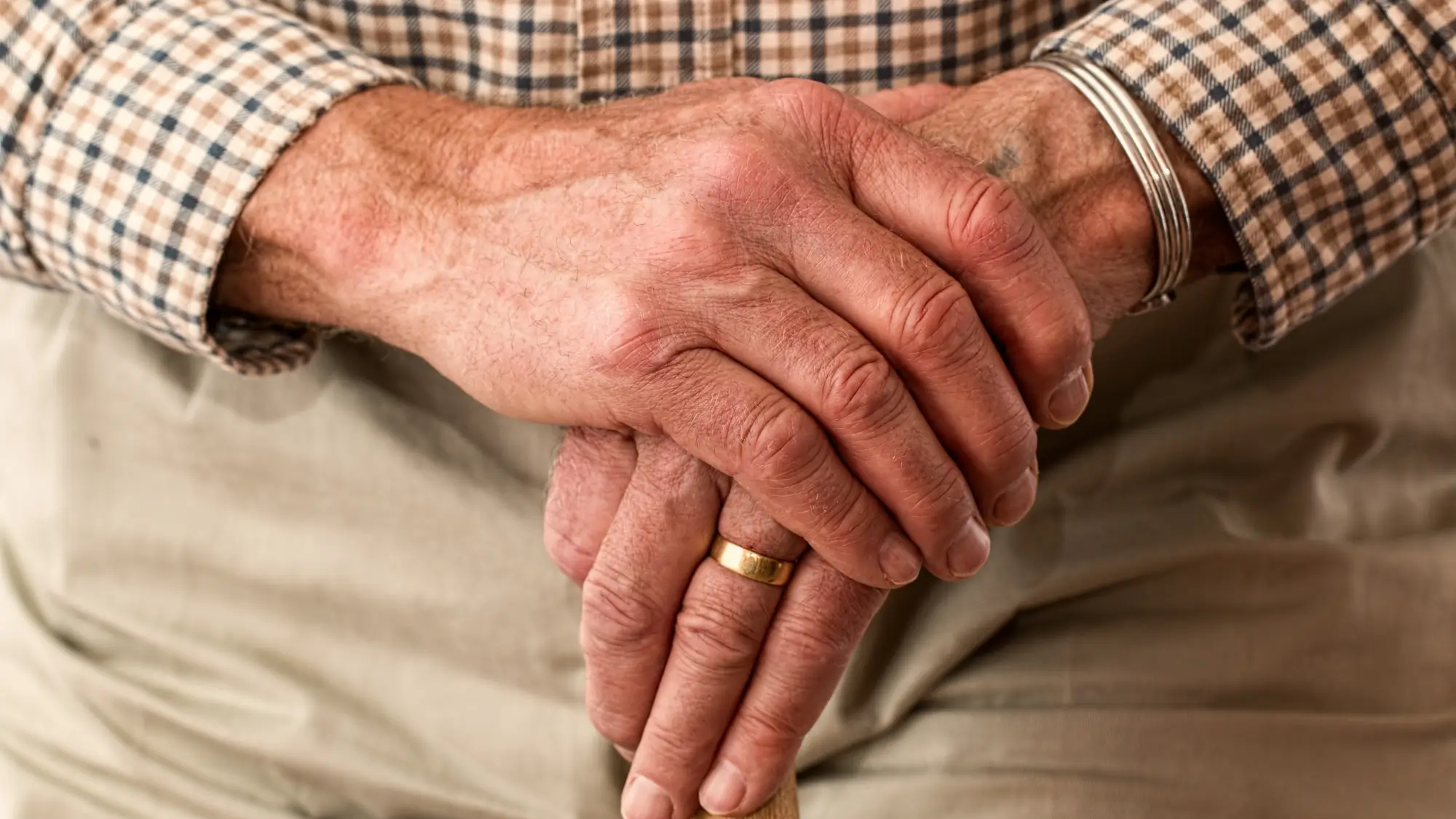
It’s relatively understood that as you age, your body starts to wear down, which can lead to increased health issues. Unfortunately, chronic health problems can not only affect a person’s physical health but can impact their mental health and self-esteem as well.
One such issue that research shows is common among elderly adults is dermatitis. One doctor’s analysis showed that atopic dermatitis is 60% active in individuals 75 years and older, and that’s just in the UK. Dermatitis is a skin condition that affects people all over the world.
The problem is that dermatitis not only makes you physically uncomfortable, but it can be unsightly as well. This may cause you to become incredibly self-conscious about how you look and feel. While dermatitis can be difficult to treat in some cases, there are still treatment options available as well as changes you can make in your life that can help improve your skin.
Dermatitis is a generalized term used to encompass many skin conditions related to inflammation. As such, symptoms can vary depending on the specific condition you have, but overall, the skin is often itchy, dry, red, sensitive, and even painful.
The various different types of dermatitis can include:
As you age, you can experience any combination of the various types of dermatitis listed above. The process of aging alone is considered a significant factor that triggers or worsens an existing dermatitis condition. However, there are numerous other things that can cause someone to develop dermatitis, which we’ll review more below.
The process of aging results in pathophysiologic changes that can trigger dermatitis. However, the combination of an aged epidermal barrier along with other physical or environmental factors can add to the problem and make dermatitis worse.
The immune system weakens as you age, for example, so if there are things in your environment or daily behaviors that also impact the immune system, this could trigger worsening dermatitis symptoms. Overall, there are a whole host of things that can cause dry, irritated skin which can lead to a dermatitis condition as you get older.
Environmental factors such as being exposed to more allergens like dust, pollen, and dander, can increase your risk of developing dermatitis as you age. Weather conditions, such as living in a drier climate, can also trigger or worsen dermatitis.
Certain lifestyle behaviors can also increase your chances of struggling with dermatitis. The products you use on your body, for example, can trigger dermatitis, such as lotions or hair products. The cleaning products you use in your home can also irritate your skin and make dermatitis worse.
Diet, of course, is another contributing factor. There is an overlap between the foods you eat and the diseases you develop, and dermatitis is no exception. If you experience a lot of stress and anxiety, this can also trigger inflammation and cause dermatitis flare-ups.
If you struggle with other health issues, this can also increase your chances of developing dermatitis, such as diabetes, kidney disease, and hypo- or hyperthyroidism. If you are immuno-compromised and have a weaker immune system, this can also make it harder for your body to fight off inflammation, which can lead to dermatitis.
If you suspect you have a dermatitis condition, the first thing you should do is speak to your doctor. Treating dermatitis in elderly individuals is considered more challenging because there needs to be an increased consideration for other medications the person might already be taking. As such, clinical treatments can vary depending on your individual situation.
Aside from medical treatments your doctor might prescribe, there are things you can do in your life to help reduce symptoms and your chances of triggering a dermatitis flare-up. Caring for your skin should always be important, but it’s especially crucial to take extra measures to care for your skin as you age beyond your 60s and 70s.
Things you can do to take care of your skin and reduce your chances of triggering dermatitis include:
Following the tips above can help you improve your quality of life and reduce your risk of triggering dermatitis. However, if you continue to have skin concerns, speak to dermatitis. A general practitioner can also help, but a board-certified dermatologist will have more experience specifically dealing with skin conditions. They can suggest treatment options and give you additional tips like the ones above to help you reduce your chances of experiencing a flare-up and painful symptoms.



